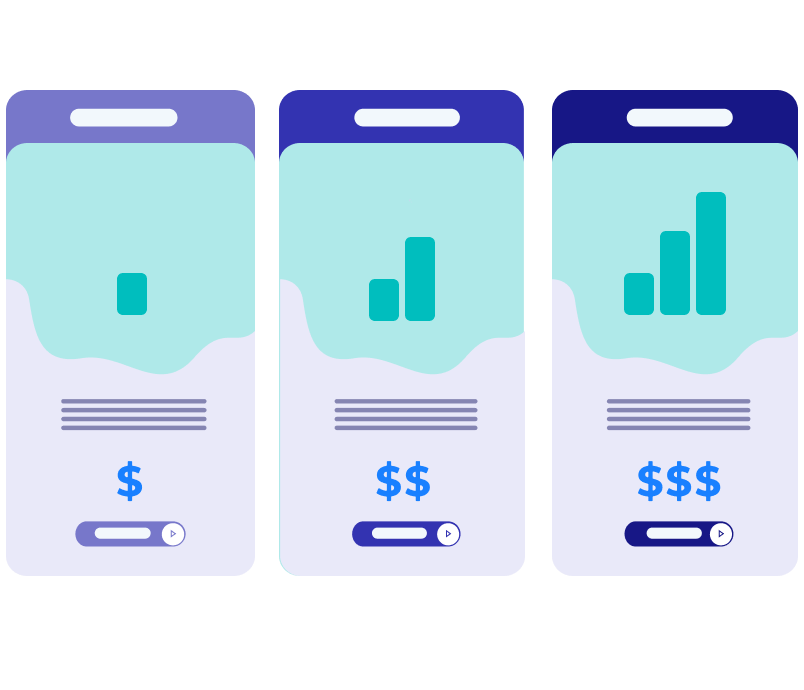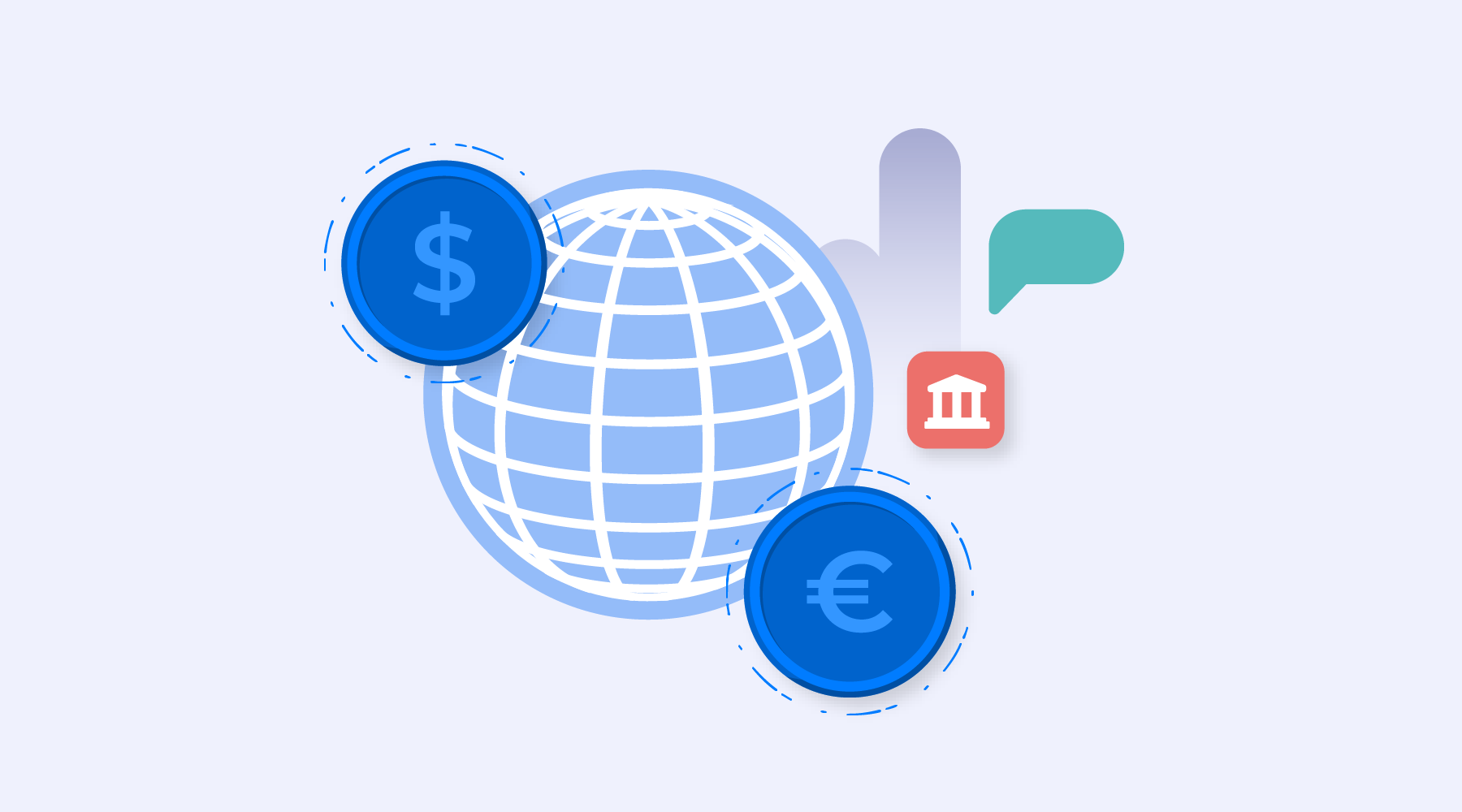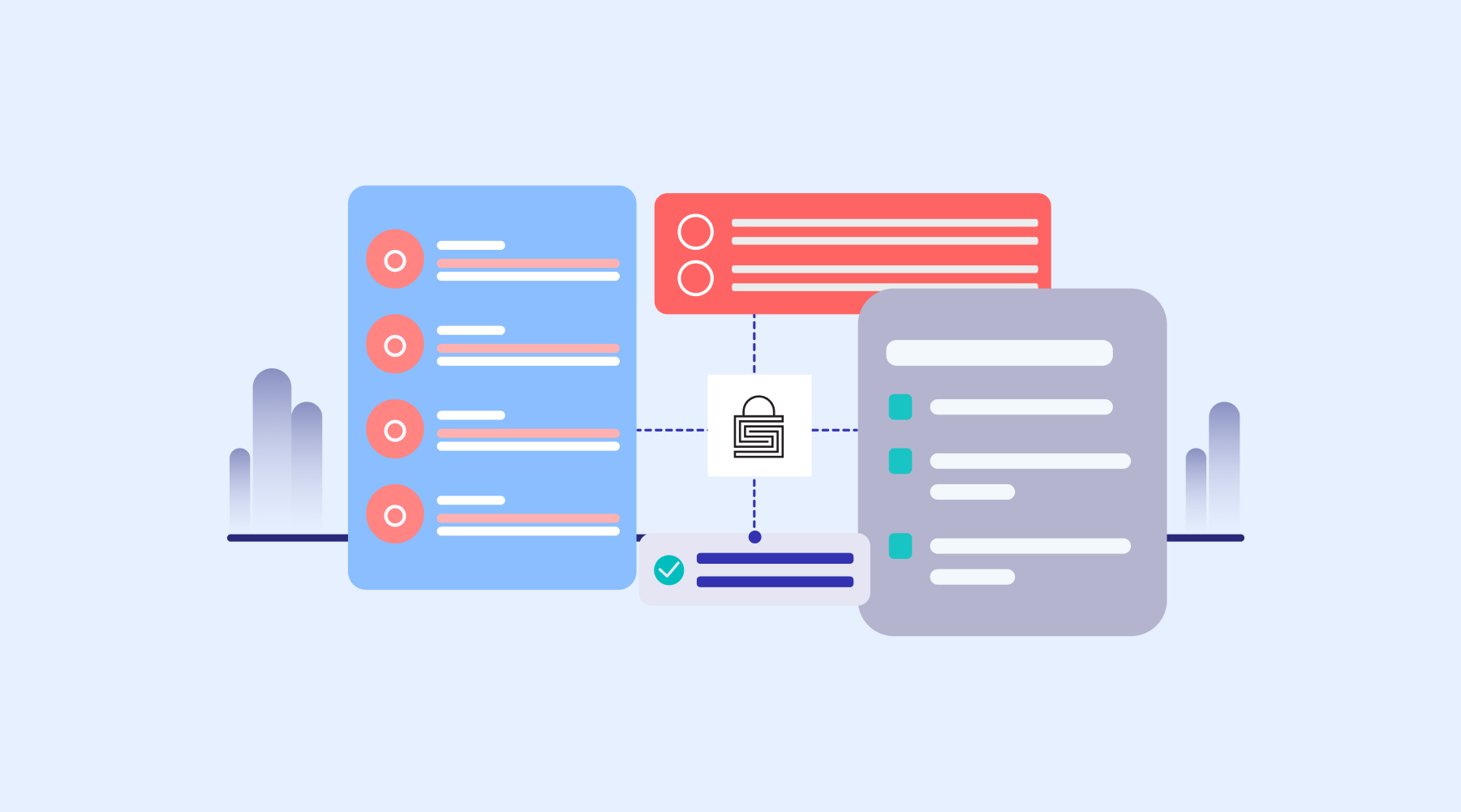Financial Services
Online Identity
Verification for
Financial Services
Cut down the time and cost to open customer accounts, add up layers of security with proper AML/KYC compliance and streamline the most seamless onboarding experience for your users.

Your success metric is our only performance metric.
4
Applicantgrowth
99
Reduced fraud80
Cost reduction60
Less customerdrop-offs
0
x
Applicant
growth
growth
0
%
Reduced fraud
0
%
Cost reduction
0
%
Less customer
drop-offs
drop-offs
Onboard users globally, stay compliant locally.
We are available across 180+ countries worldwide!
Drive high impact growth at low costs

Optimize the AML screening process
Conduct essential AML checks and ongoing monitoring against politically exposed persons (PEPs), sanctions and adverse media watchlists.
Identify and detect fraudsters promptly
From document verification to liveness check, enforce a complete identity verification process to flag any suspicious activity.


Eliminate manual efforts in onboarding journeys
Expedite your business growth with increased account opening conversions at reduced time and resources.

Go live in just 2-4 weeks!
Good things come to those who wait, but we have saved
something better for you.
something better for you.


Ready to look at the pricing?
Just between us.. but we are the most affordable solution in
the industry!
the industry!
Signzy's KYC verification suite for you!

Mitigate identity theft risks by capturing real-time videos of faces for comparison with the ID photos. Our advanced liveness checks and AI-driven fraud detection tools effectively identify and deter potential impostors. This could be an additional step along with document verification.

Seamlessly validate documents from more than 200 countries. Whether you require identity verification or address confirmation, our API ensures swift processing in less than 30 seconds, significantly expediting your onboarding procedures.

Ensure compliance with KYC, AML, and sanctions screening standards by cross-referencing user data against reputable databases. Benefit from our extensive library of 150+ data sources, providing thorough coverage and delivering precise results.

Streamline the onboarding experience by seamlessly auto-filling forms. Ensure smooth interactions, data accuracy, and improved conversion rates with our Autofill feature. By extracting relevant information from presented IDs, customers can effortlessly complete sign-up processes without the need for manual data entry.

Our bank-grade, yet customer-friendly, bank account validation utilizes Fincity to authenticate the beneficiary, facilitating instantaneous transactions and payouts.

Expedite beneficiary verification by promptly retrieving their account details, enhancing customer experience, and minimizing drop-offs.
Need a custom solution? We’re ready to build your vision.
Our Success Stories

Seema Kumar
Country Leader, IBM India
It is answering the question, how do you build trust online.
It uses APIs on visual recognition to build digital trust.

Bala Srinivasa
Managing Director, Arkam Ventures
We were attracted to the founder’s clarity of thought
and their early proof points in building a proprietary platform that could become an industry.

Rajan Anandan
Managing Director, Sequoia Capital and Surge
Signzy is a standout example of tech-enabled disruption.

Ashith Kampani
Chairman, Cosmic Mandala15 Group
Signzy is redefining the limits of innovation in building trust online.
They are committed to delivering a secure and positive experience to their clients.
FAQ's
What is the primary purpose of KYC, and why is it important?
Lorem Ipsum is simply dummy text of the printing and typesetting industry. Lorem Ipsum has been the industry’s standard dummy text ever since the 1500s, when an unknown printer took a galley of type and scrambled it to make a type specimen book. It has survived not only five centuries, but also the leap into electronic typesetting, remaining essentially unchanged. It was popularised in the 1960s with the release of Letraset sheets containing Lorem Ipsum passages, and more recently with desktop publishing software like Aldus PageMaker including versions of Lorem Ipsum.
What are the types of KYC ?
Lorem Ipsum is simply dummy text of the printing and typesetting industry. Lorem Ipsum has been the industry’s standard dummy text ever since the 1500s, when an unknown printer took a galley of type and scrambled it to make a type specimen book. It has survived not only five centuries, but also the leap into electronic typesetting, remaining essentially unchanged. It was popularised in the 1960s with the release of Letraset sheets containing Lorem Ipsum passages, and more recently with desktop publishing software like Aldus PageMaker including versions of Lorem Ipsum.
Is Video Verification mandatory in the KYC process?
Lorem Ipsum is simply dummy text of the printing and typesetting industry. Lorem Ipsum has been the industry’s standard dummy text ever since the 1500s, when an unknown printer took a galley of type and scrambled it to make a type specimen book. It has survived not only five centuries, but also the leap into electronic typesetting, remaining essentially unchanged. It was popularised in the 1960s with the release of Letraset sheets containing Lorem Ipsum passages, and more recently with desktop publishing software like Aldus PageMaker including versions of Lorem Ipsum.
How are AML/CFT checks are done? And what are steps taken if any fraud is detected?
Lorem Ipsum is simply dummy text of the printing and typesetting industry. Lorem Ipsum has been the industry’s standard dummy text ever since the 1500s, when an unknown printer took a galley of type and scrambled it to make a type specimen book. It has survived not only five centuries, but also the leap into electronic typesetting, remaining essentially unchanged. It was popularised in the 1960s with the release of Letraset sheets containing Lorem Ipsum passages, and more recently with desktop publishing software like Aldus PageMaker including versions of Lorem Ipsum.
What is the primary purpose of KYC, and why is it important?
Lorem Ipsum is simply dummy text of the printing and typesetting industry. Lorem Ipsum has been the industry’s standard dummy text ever since the 1500s, when an unknown printer took a galley of type and scrambled it to make a type specimen book. It has survived not only five centuries, but also the leap into electronic typesetting, remaining essentially unchanged. It was popularised in the 1960s with the release of Letraset sheets containing Lorem Ipsum passages, and more recently with desktop publishing software like Aldus PageMaker including versions of Lorem Ipsum.

Websites can't replace conversations.
Let's talk?
We’re just one call away, ready to answer all your queries and provide the perfect solution for your business needs.
Error: Contact form not found.






